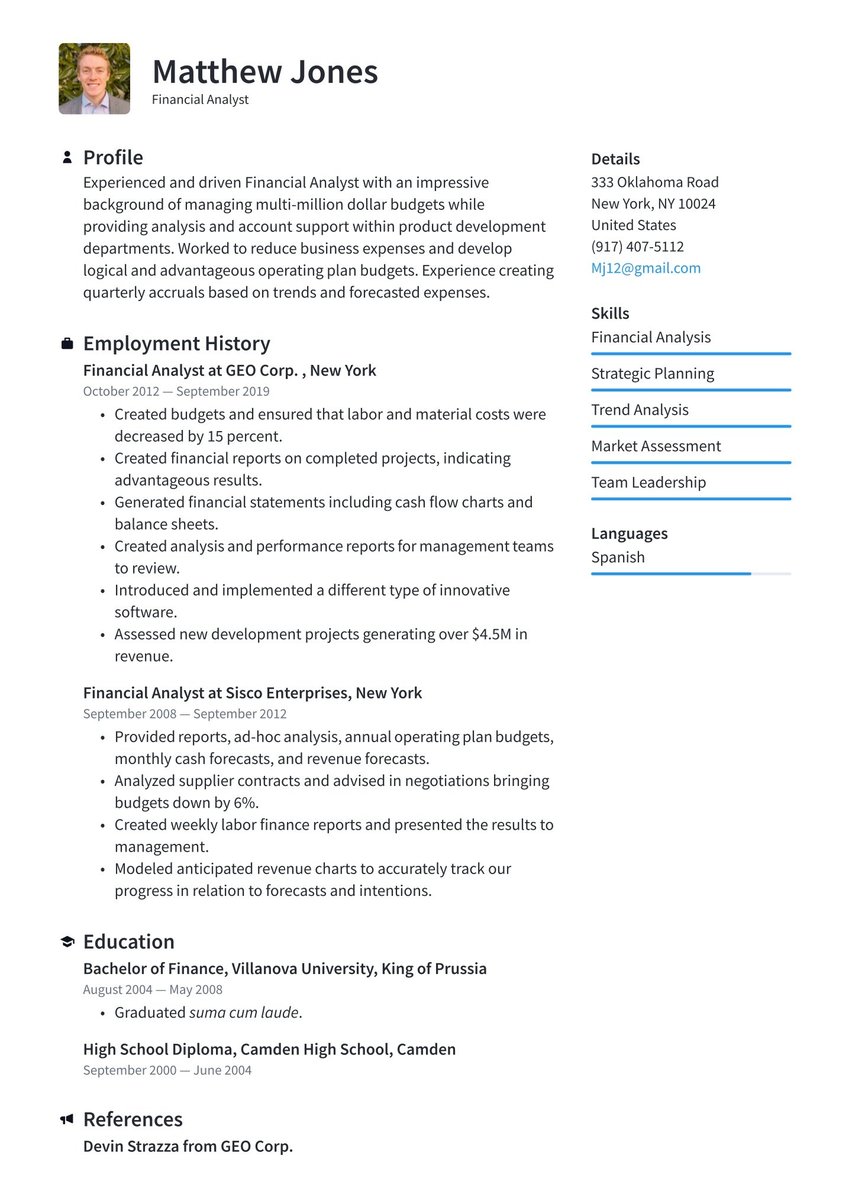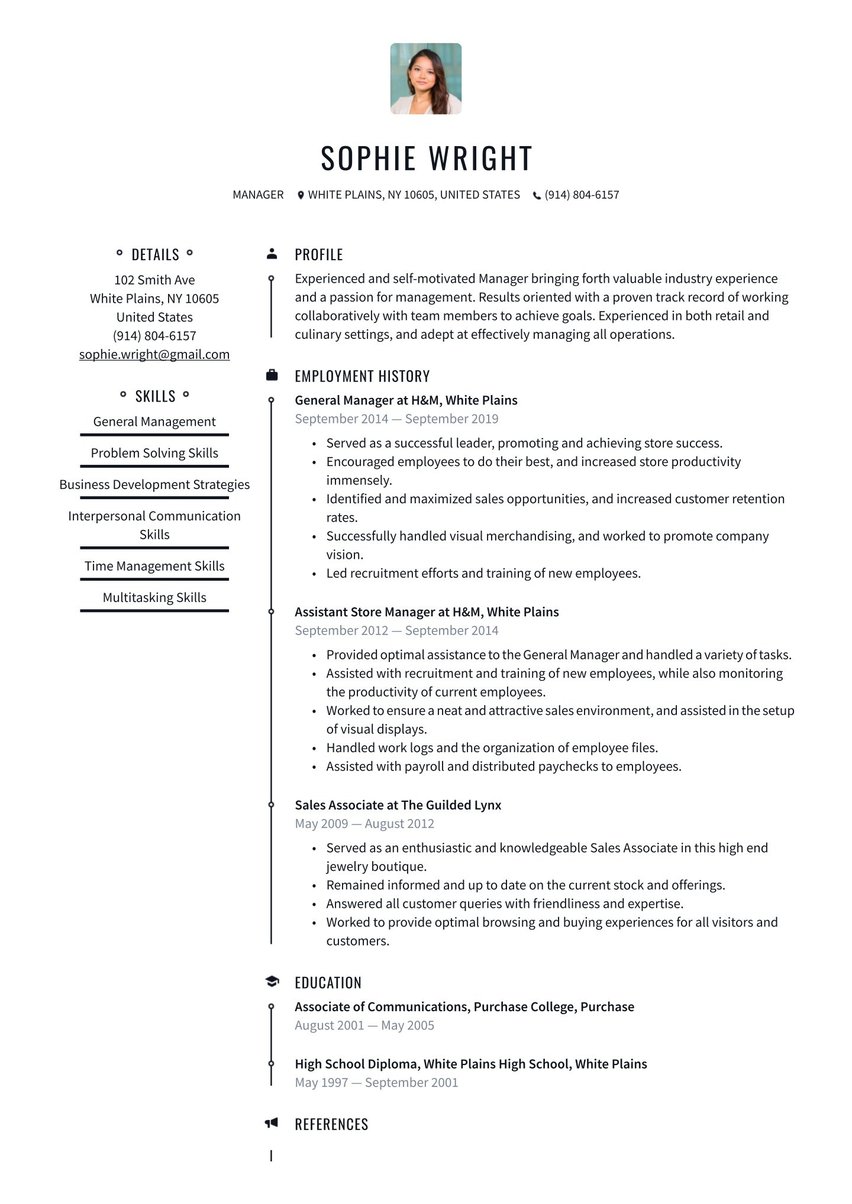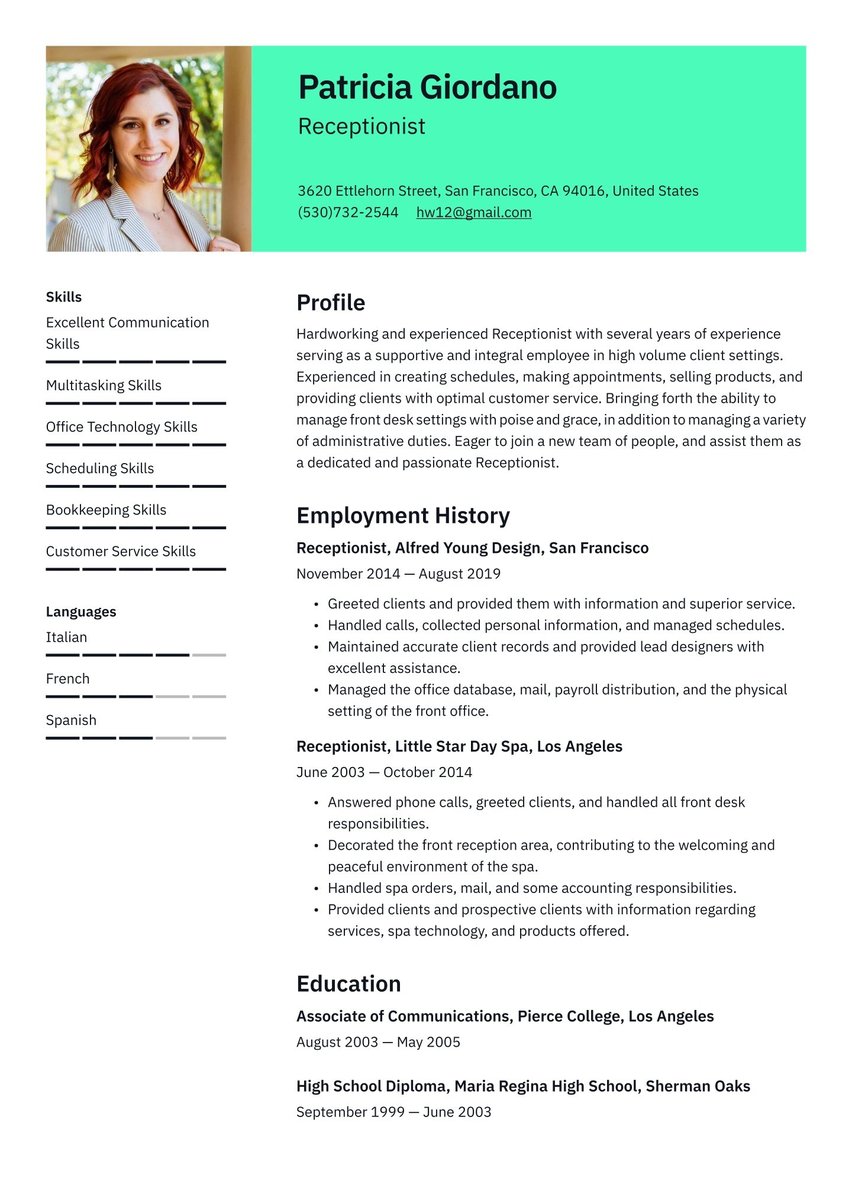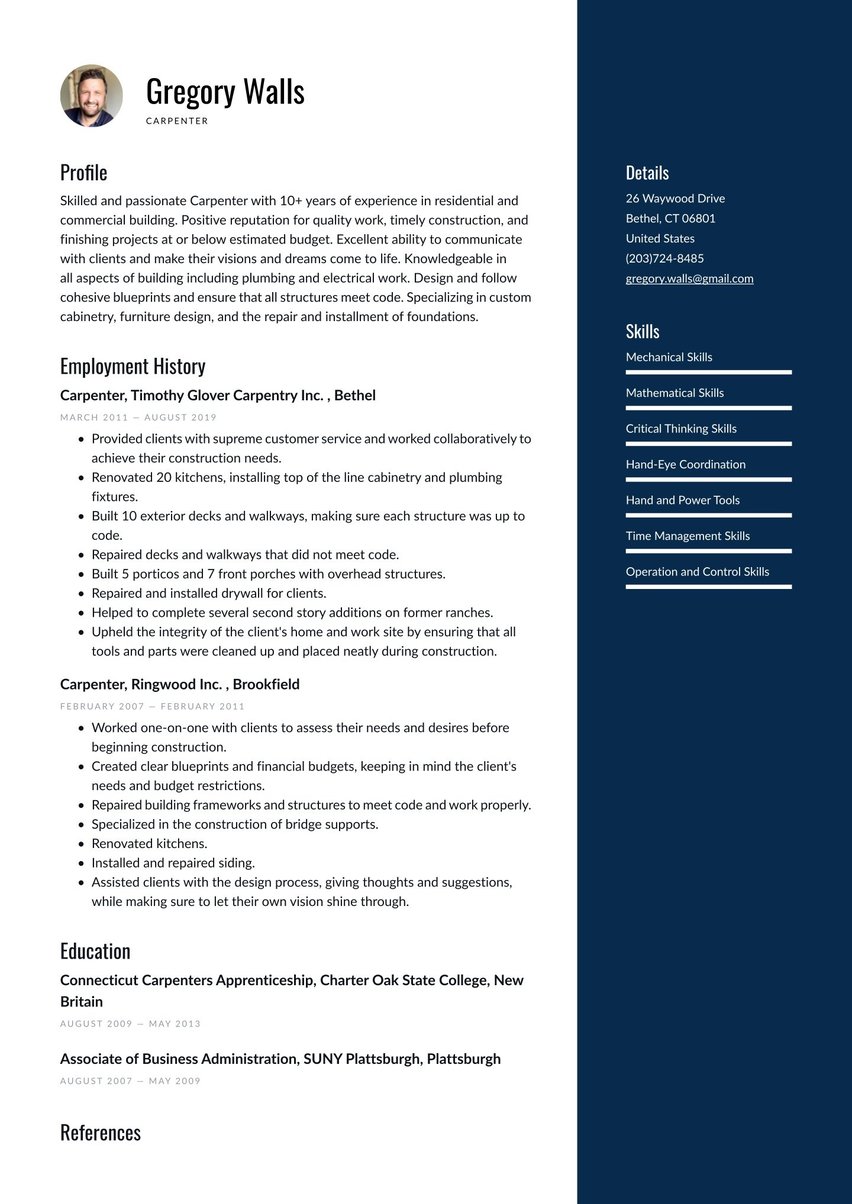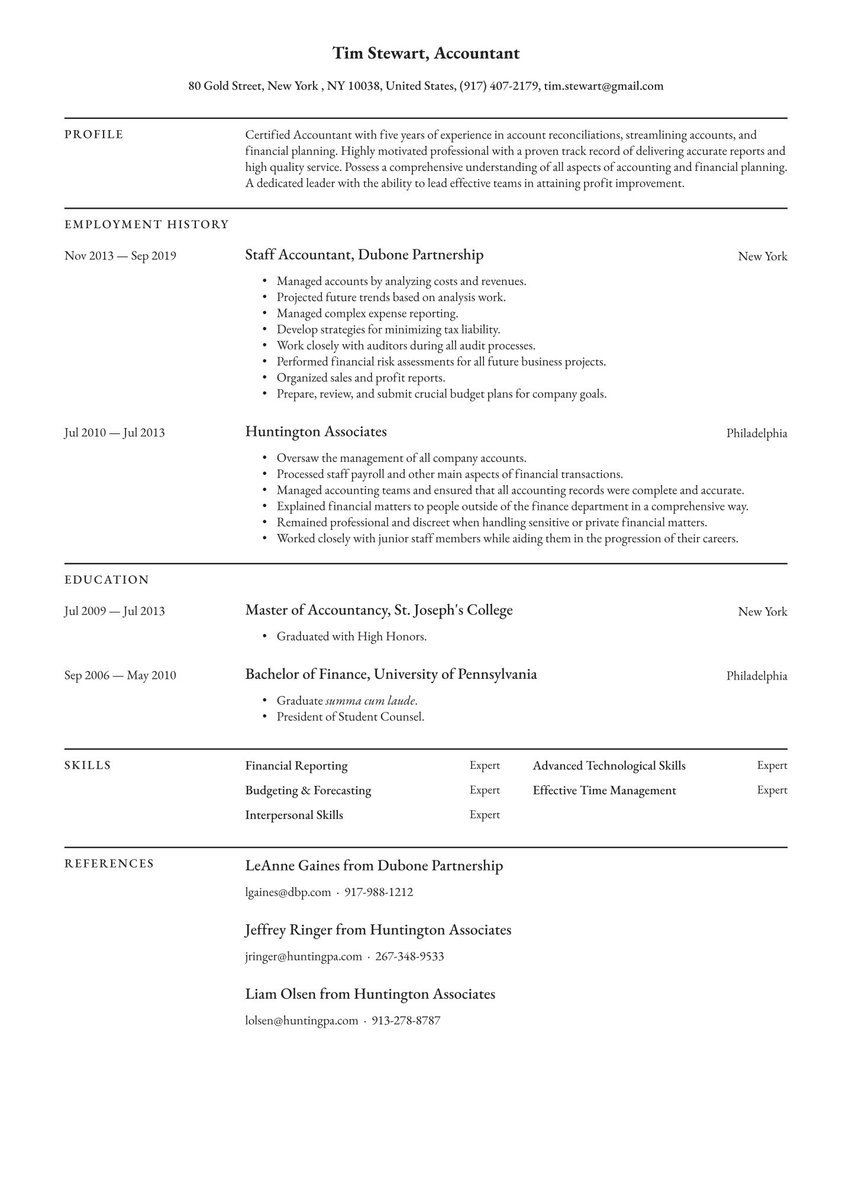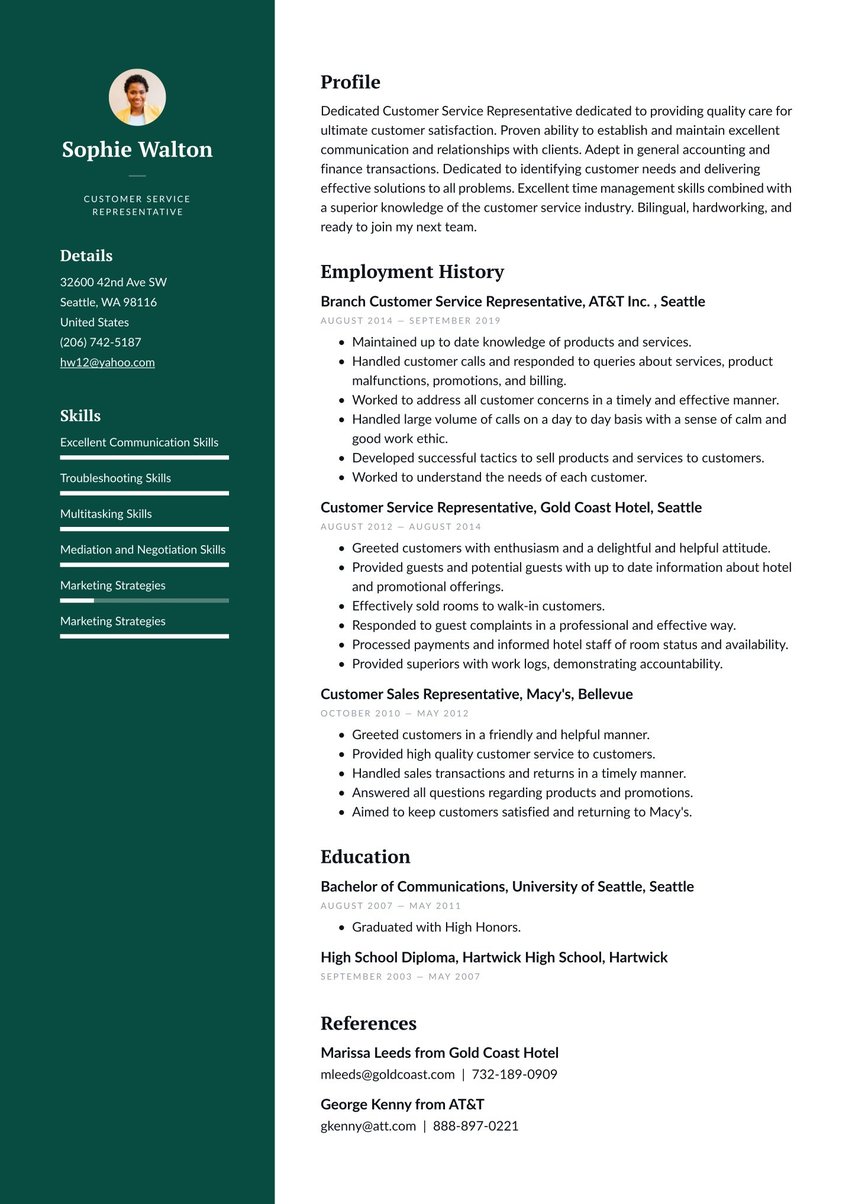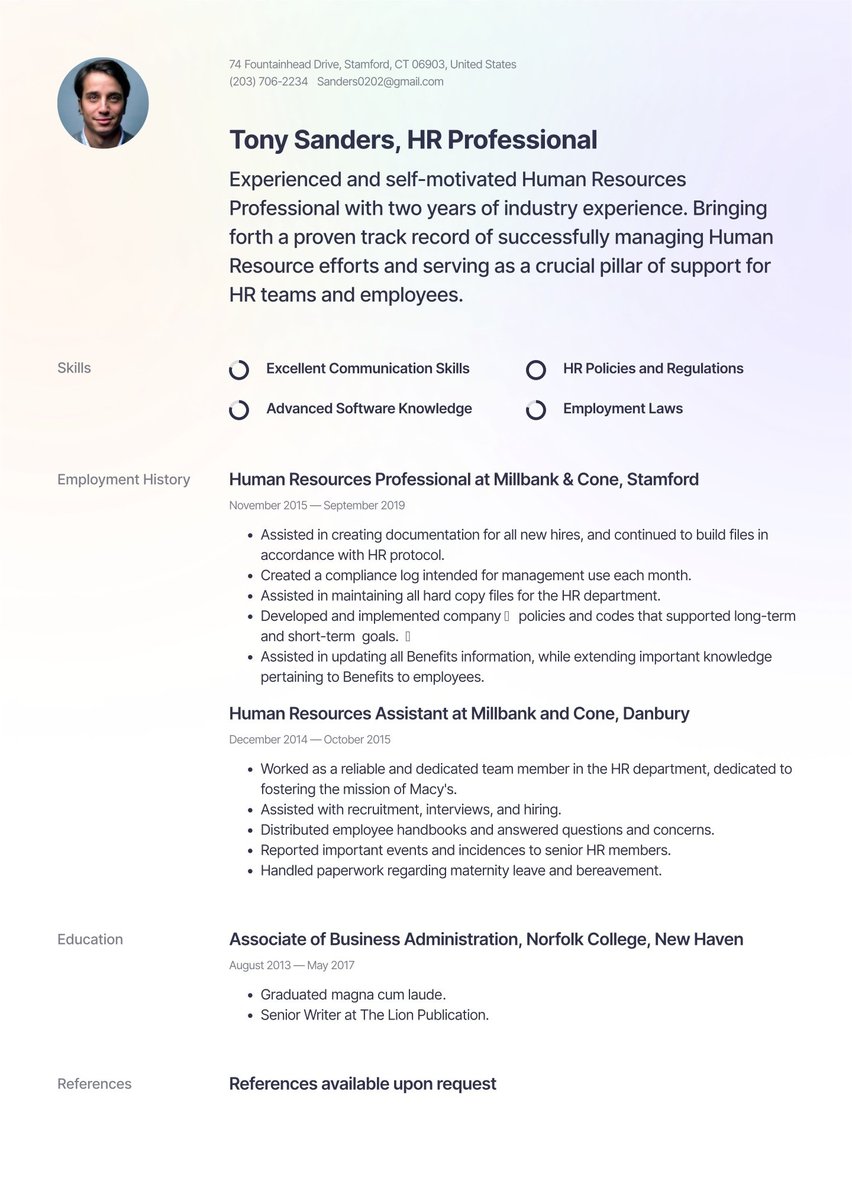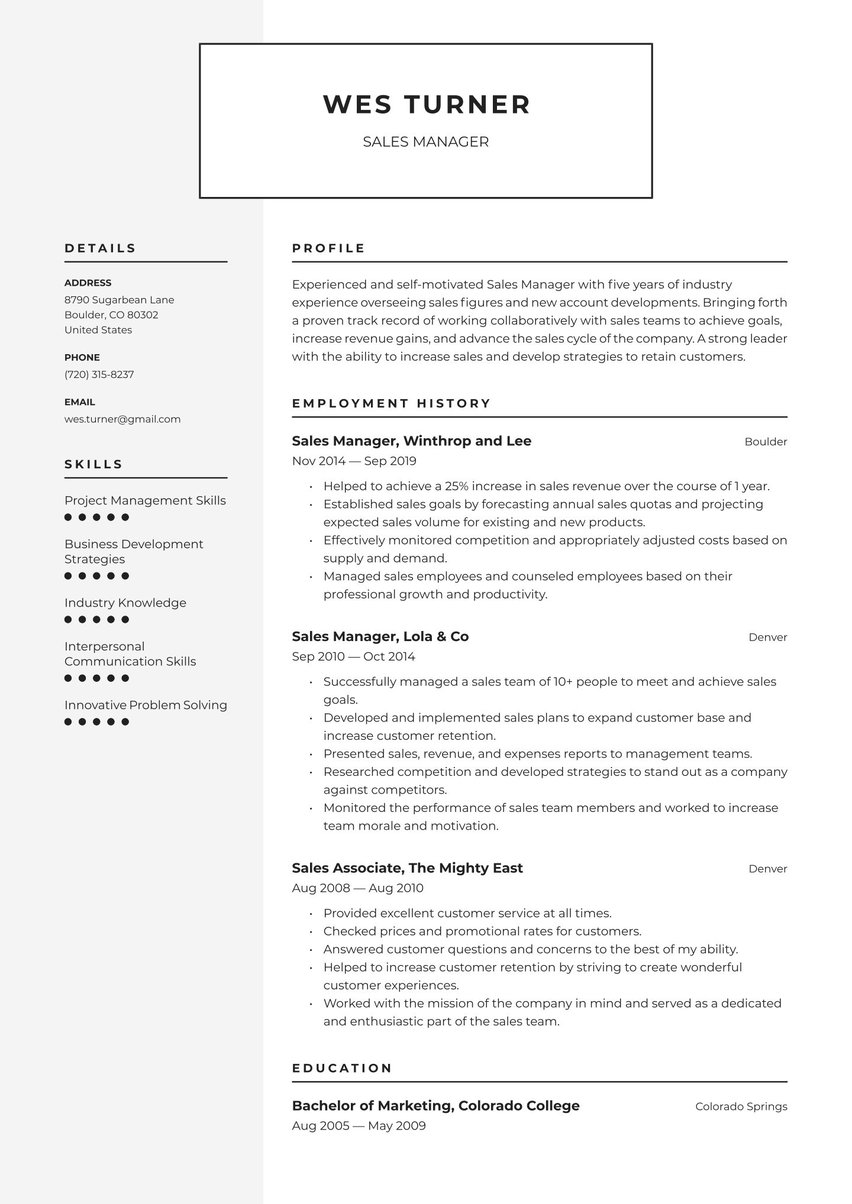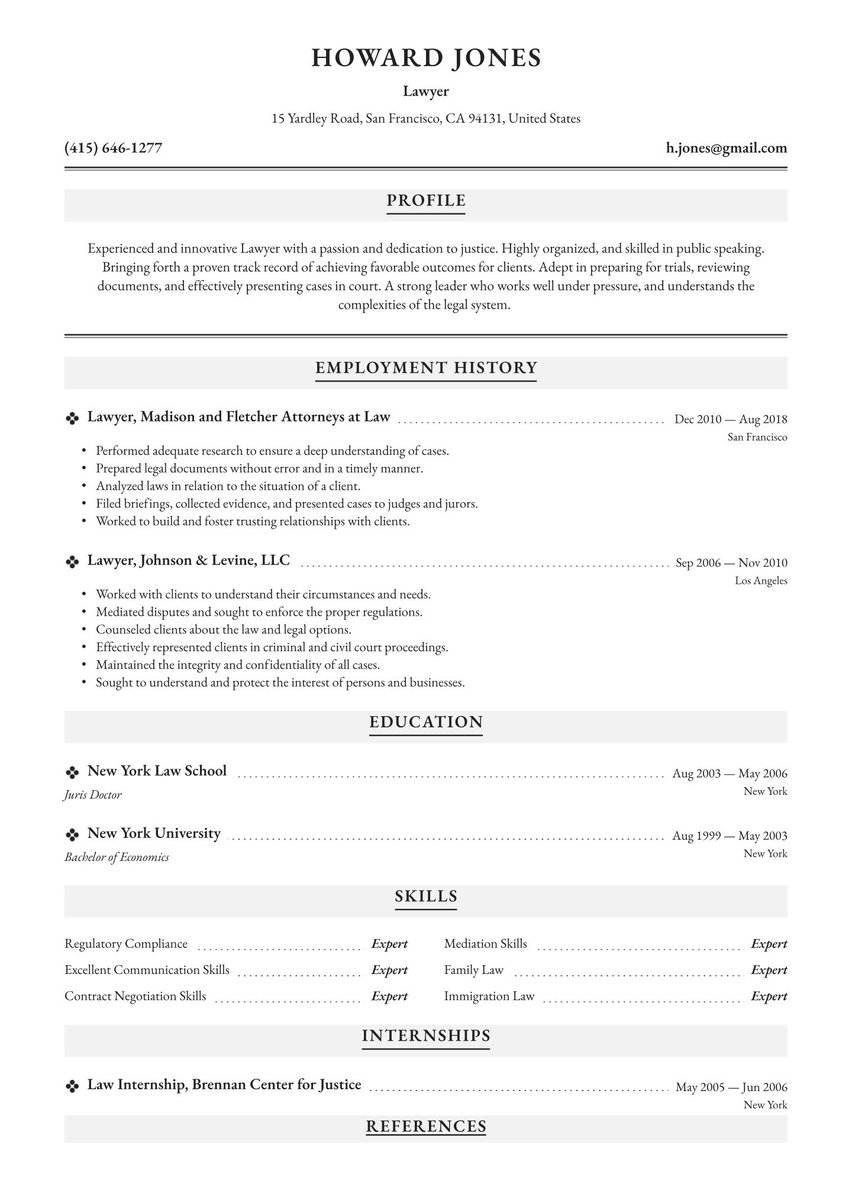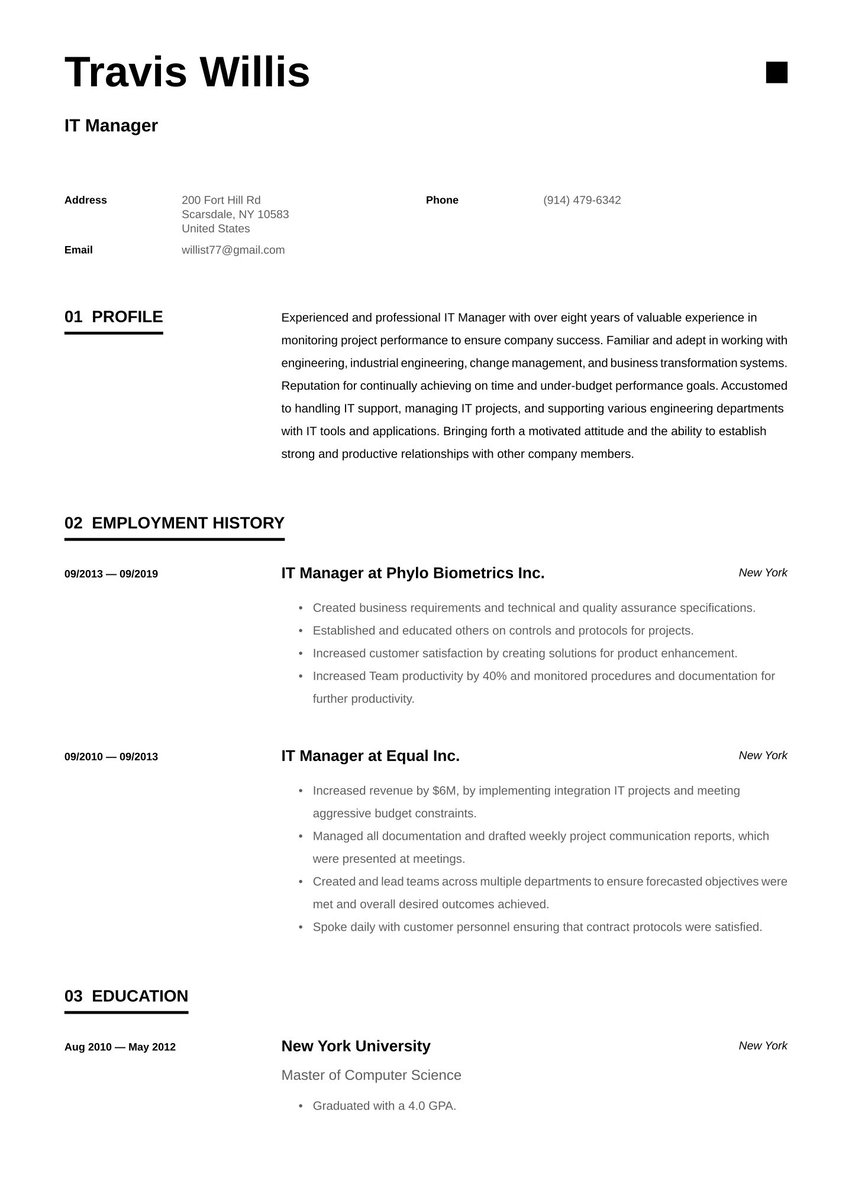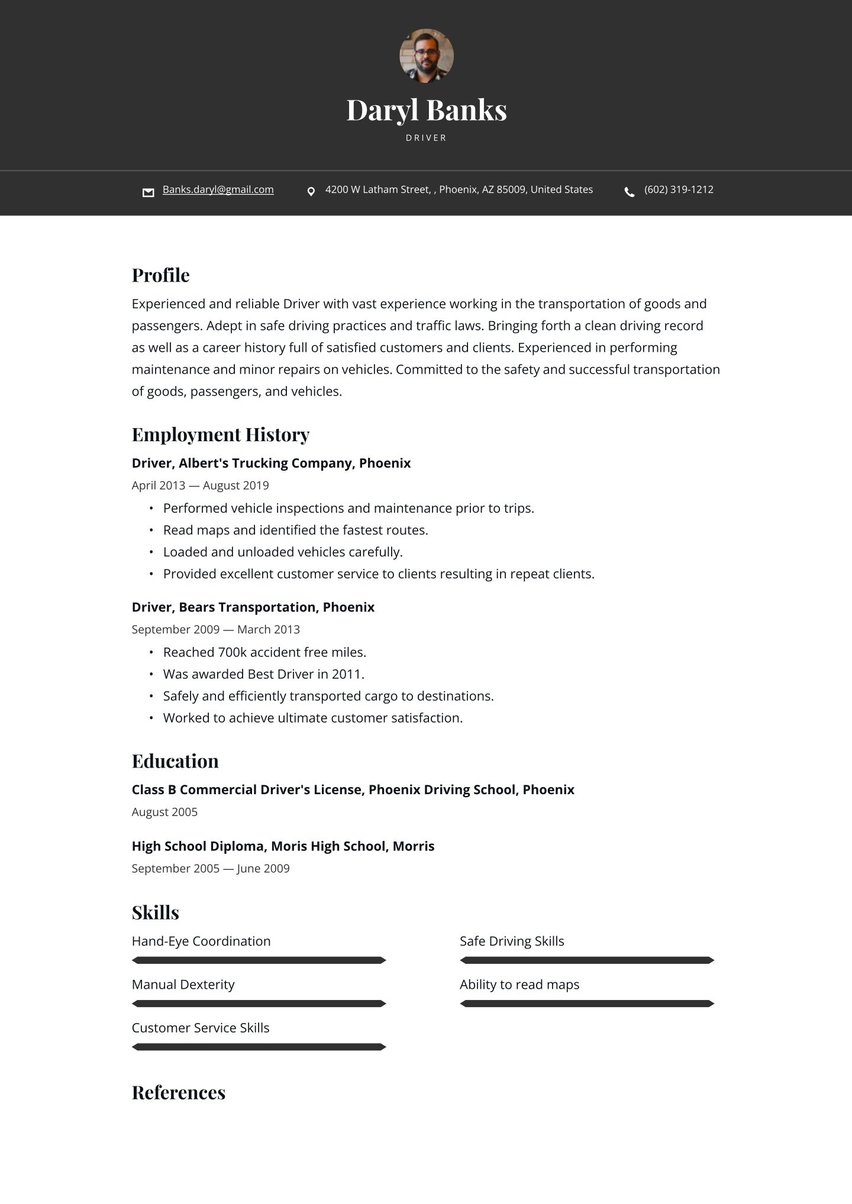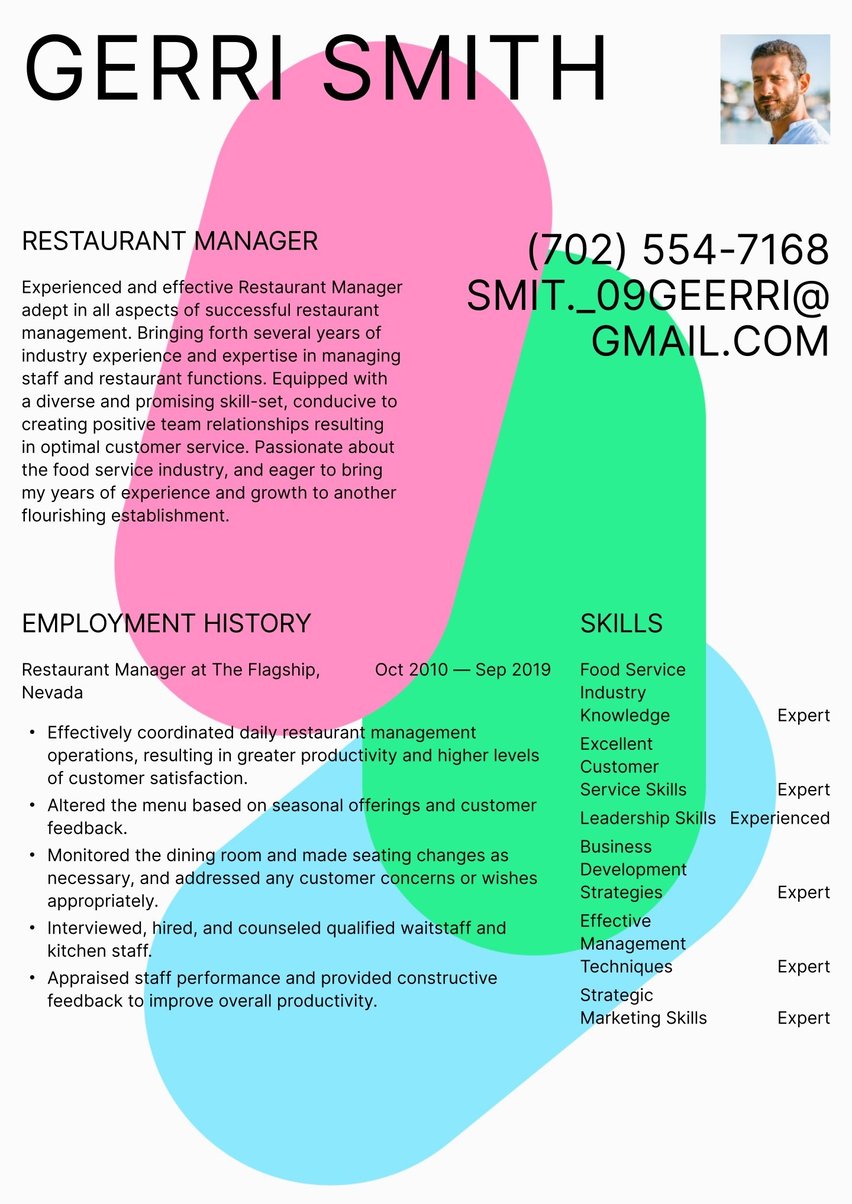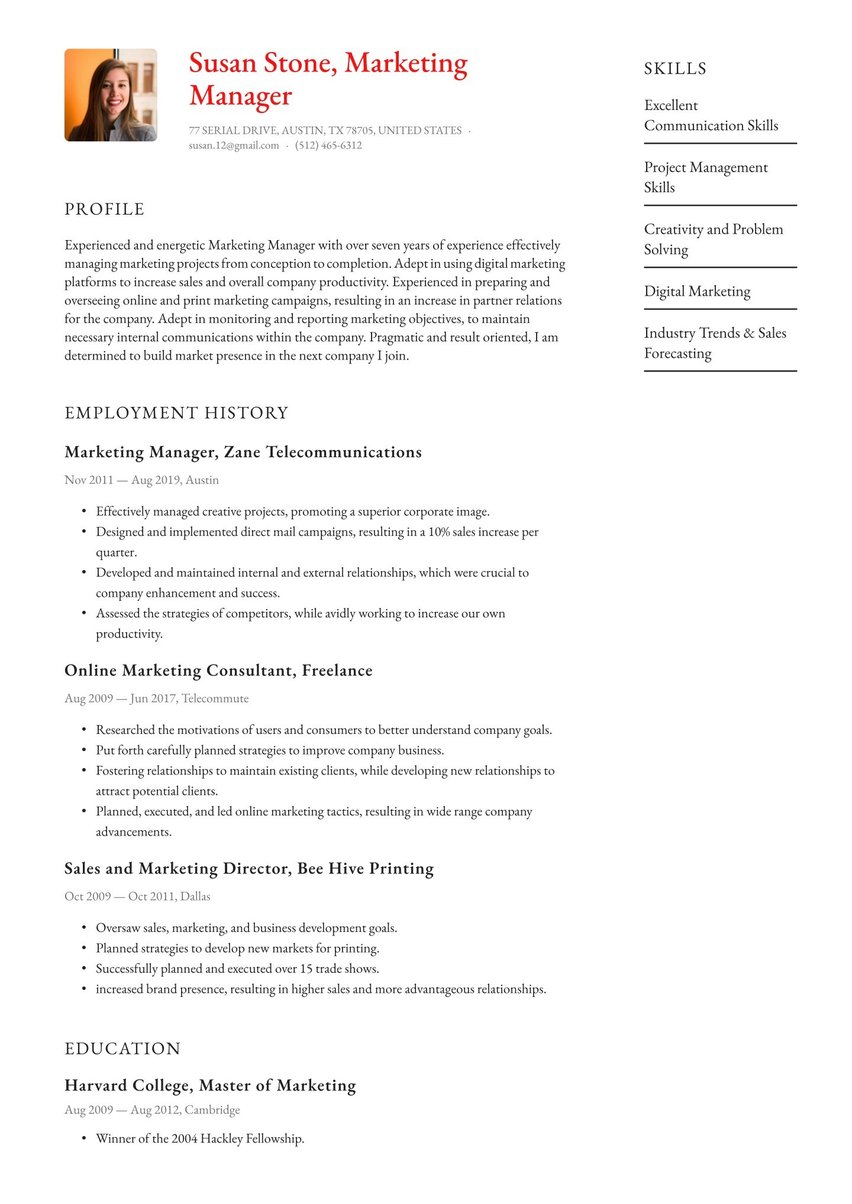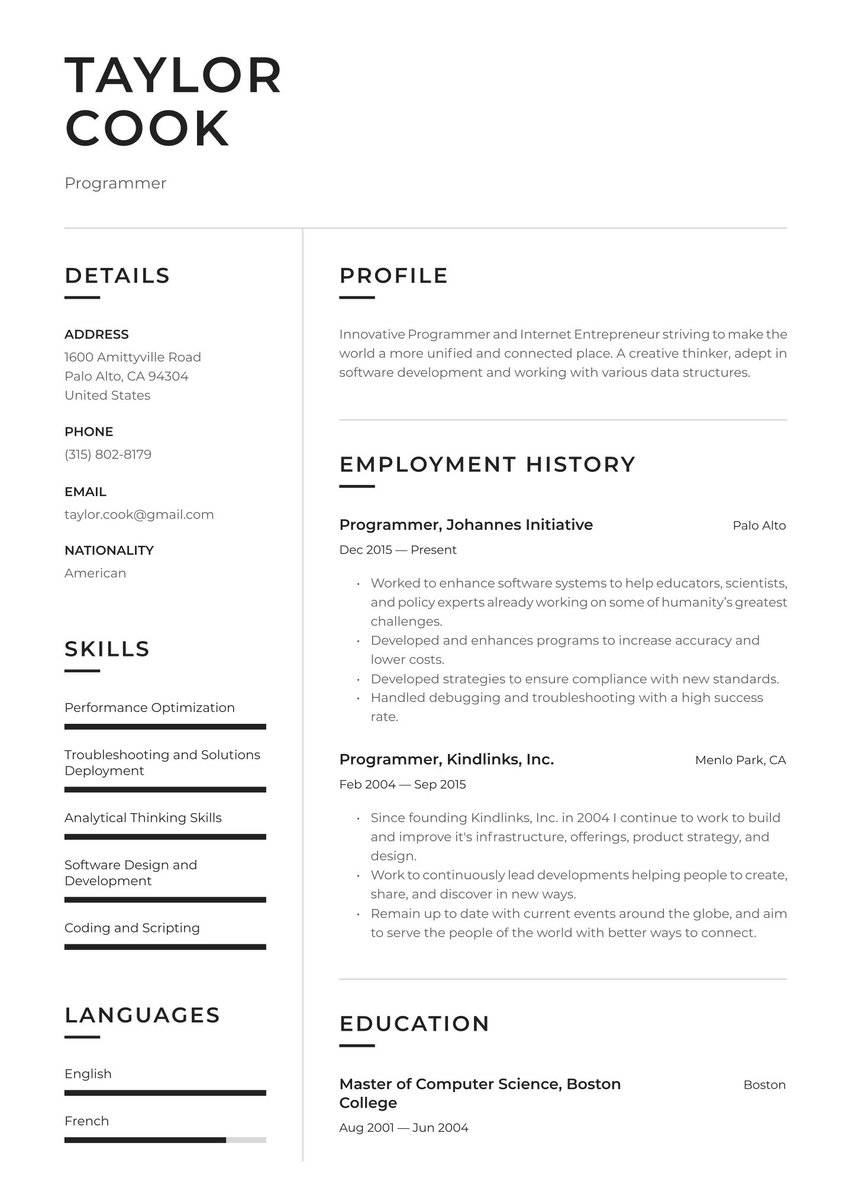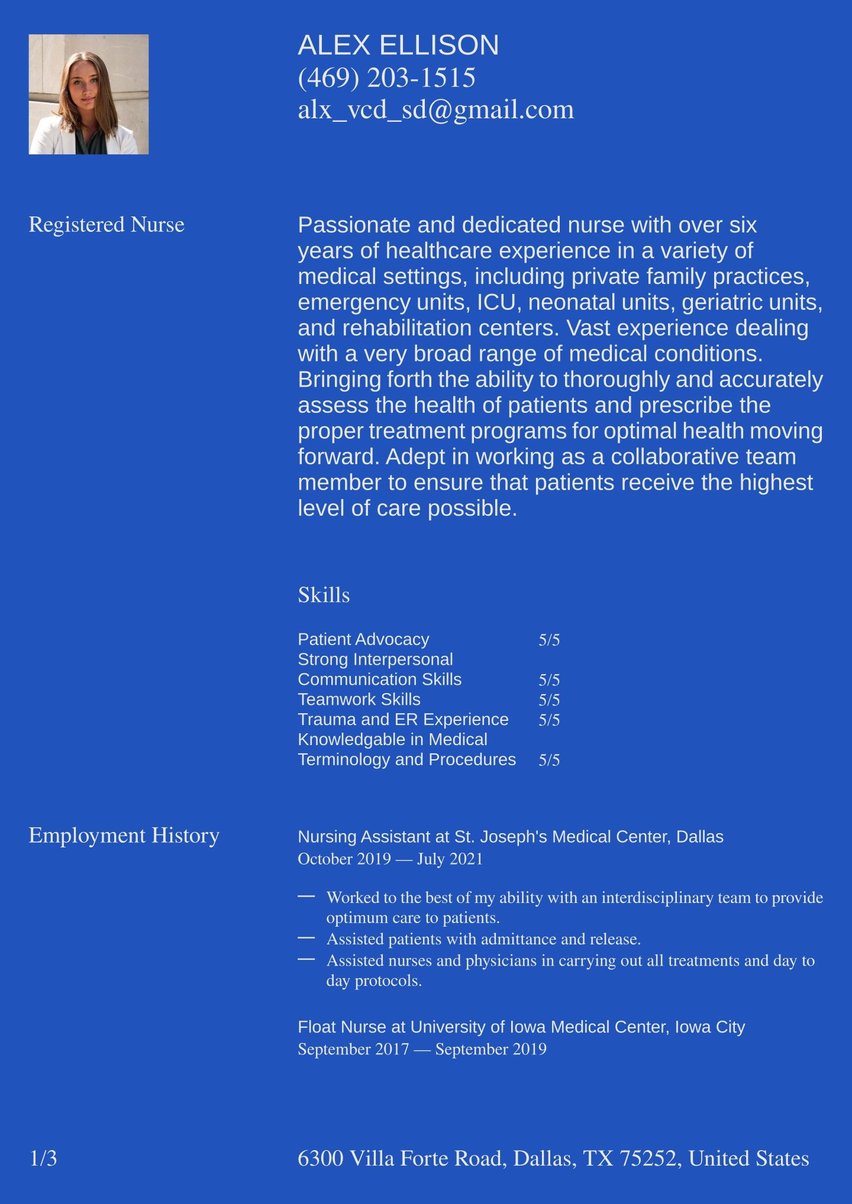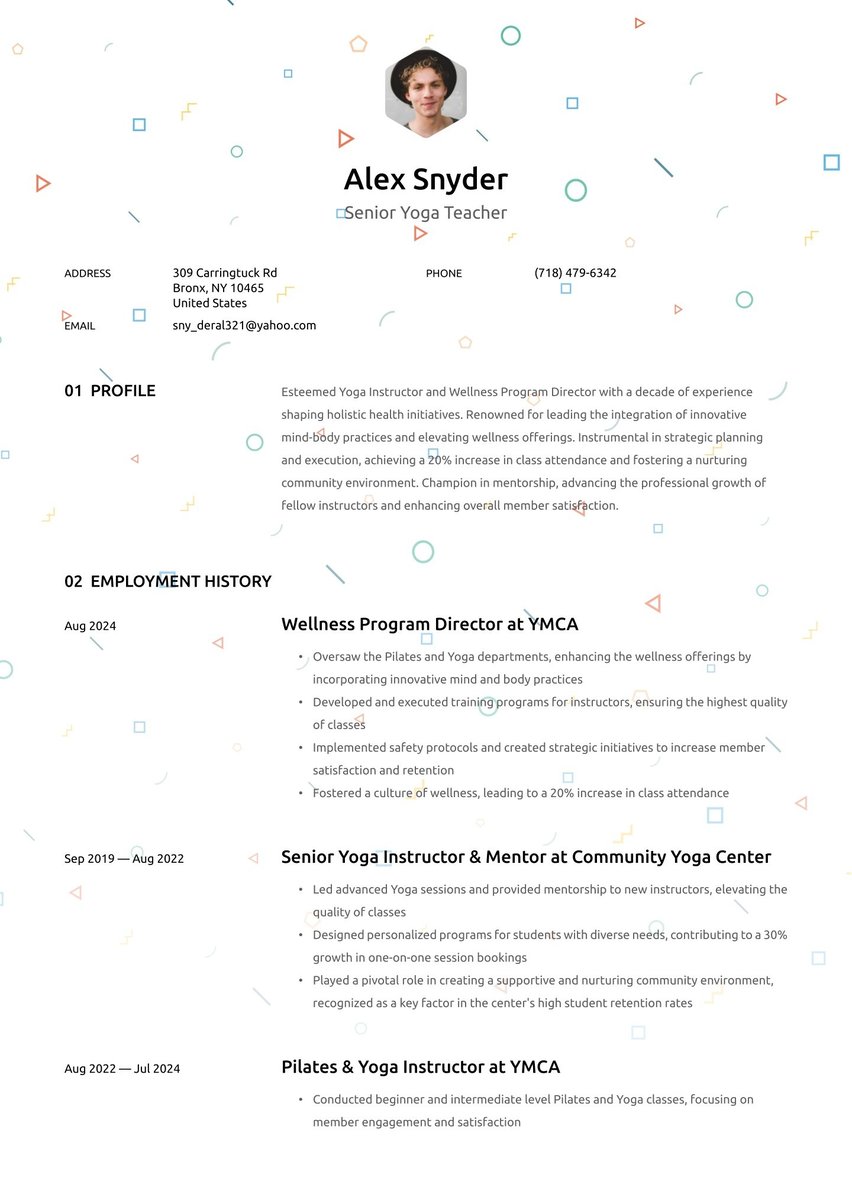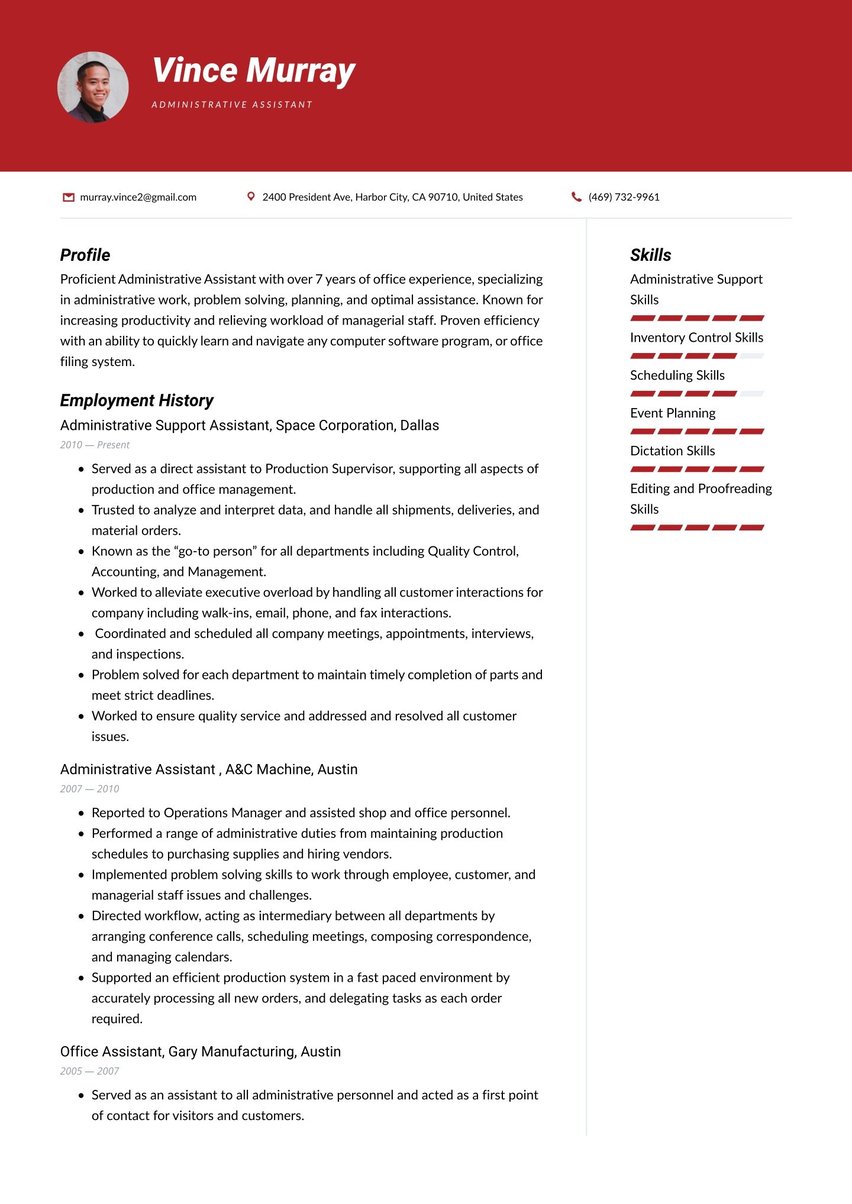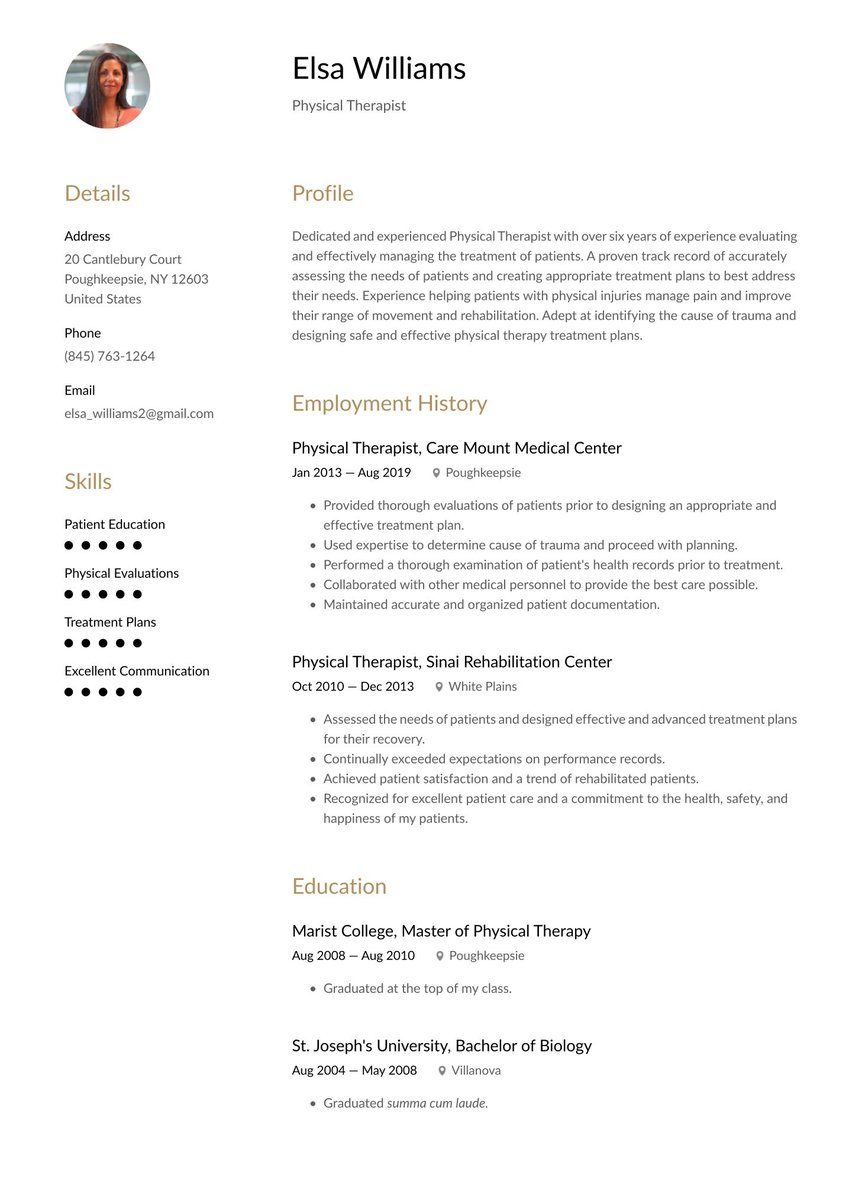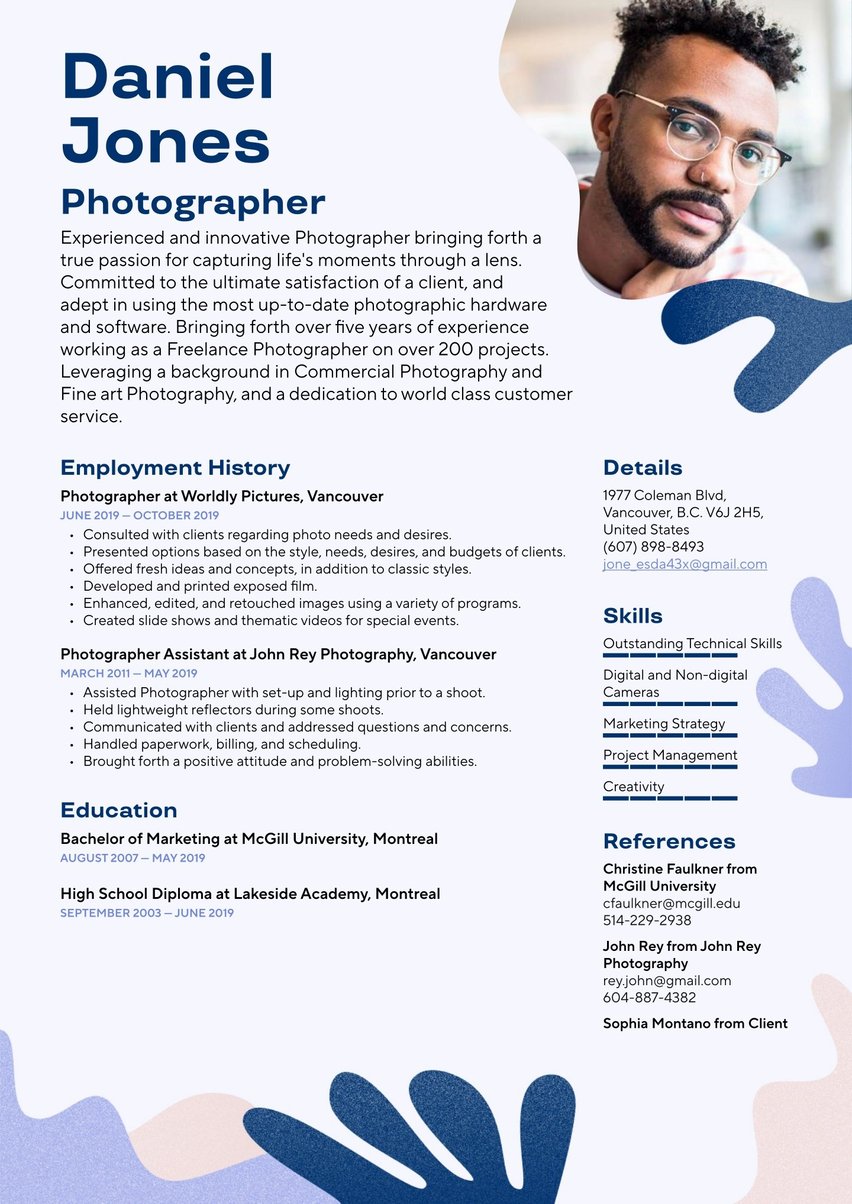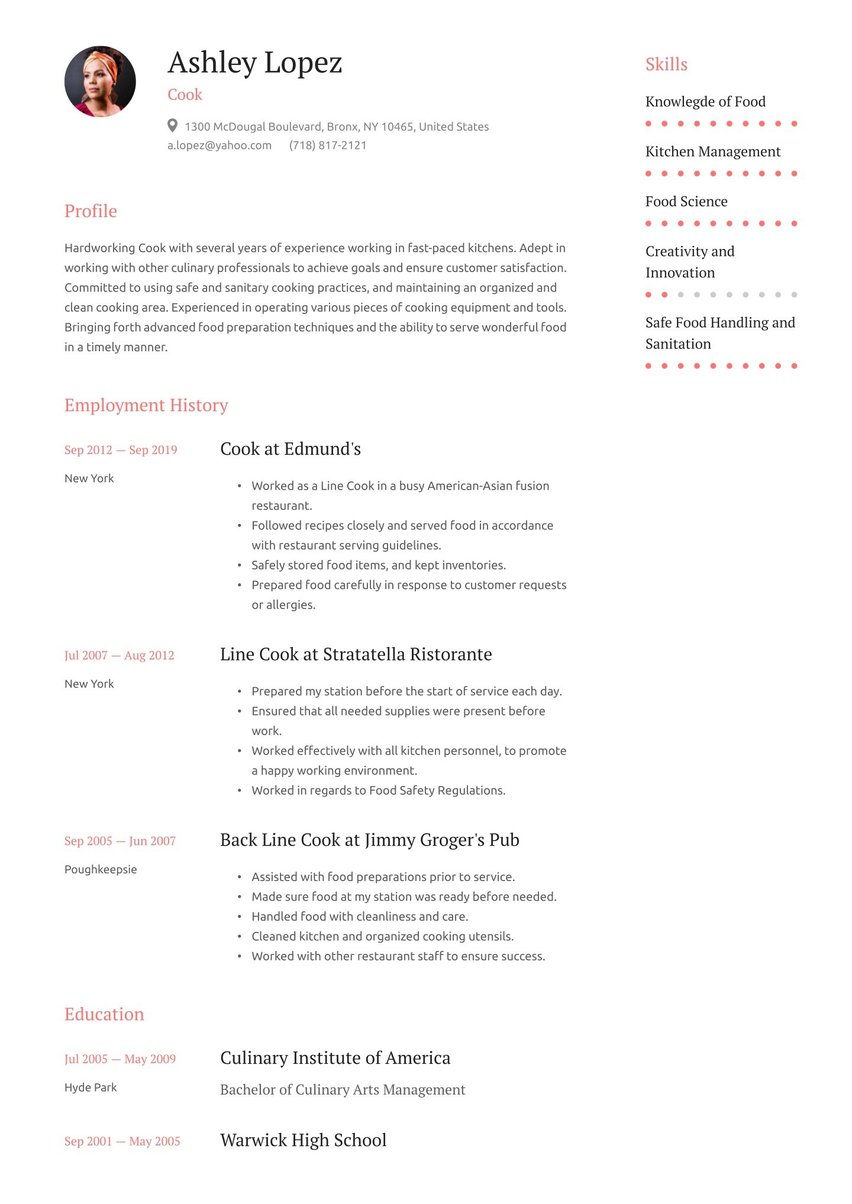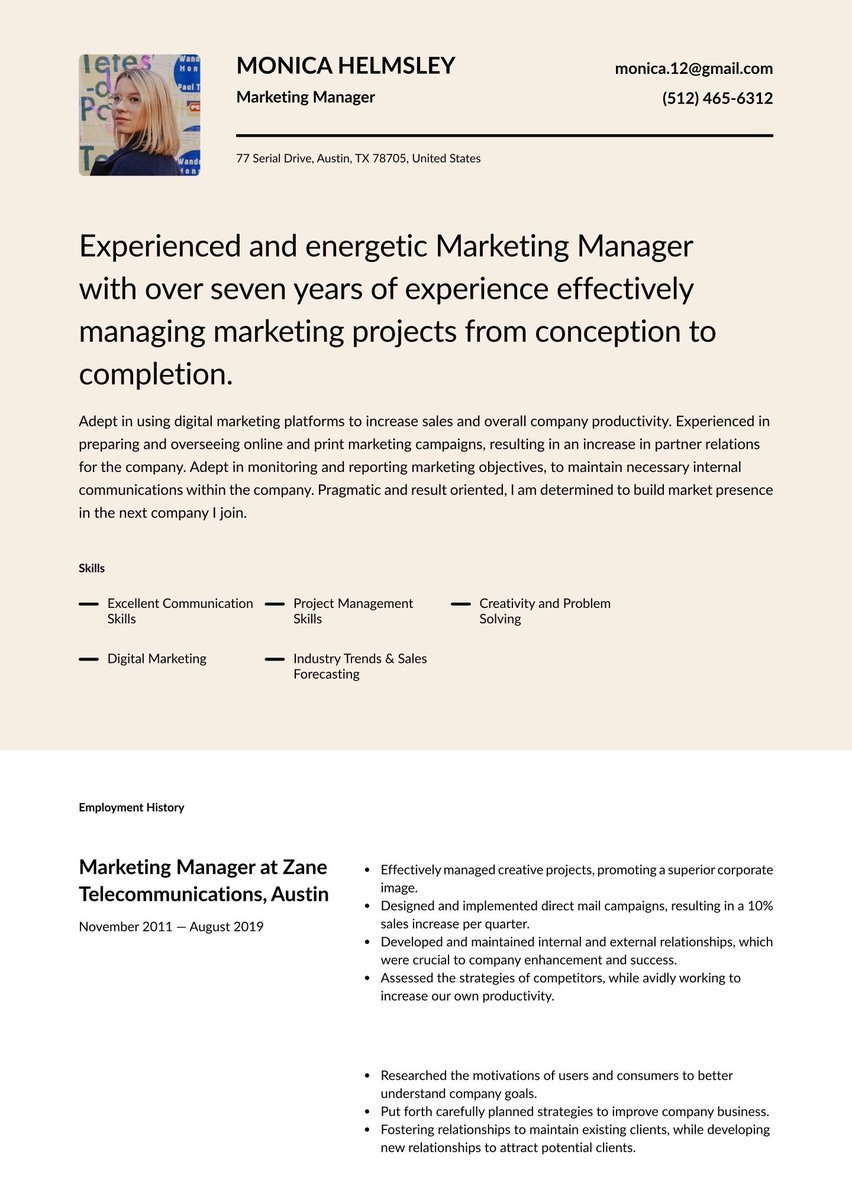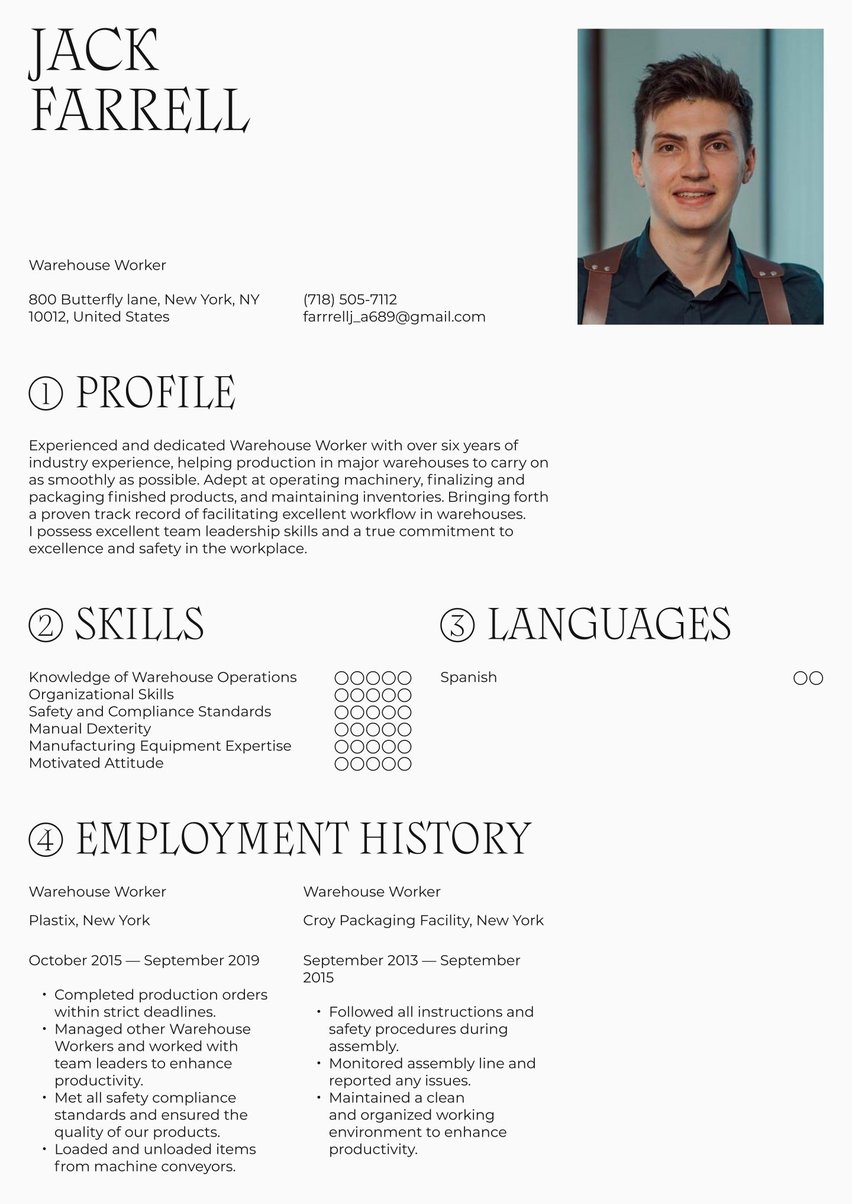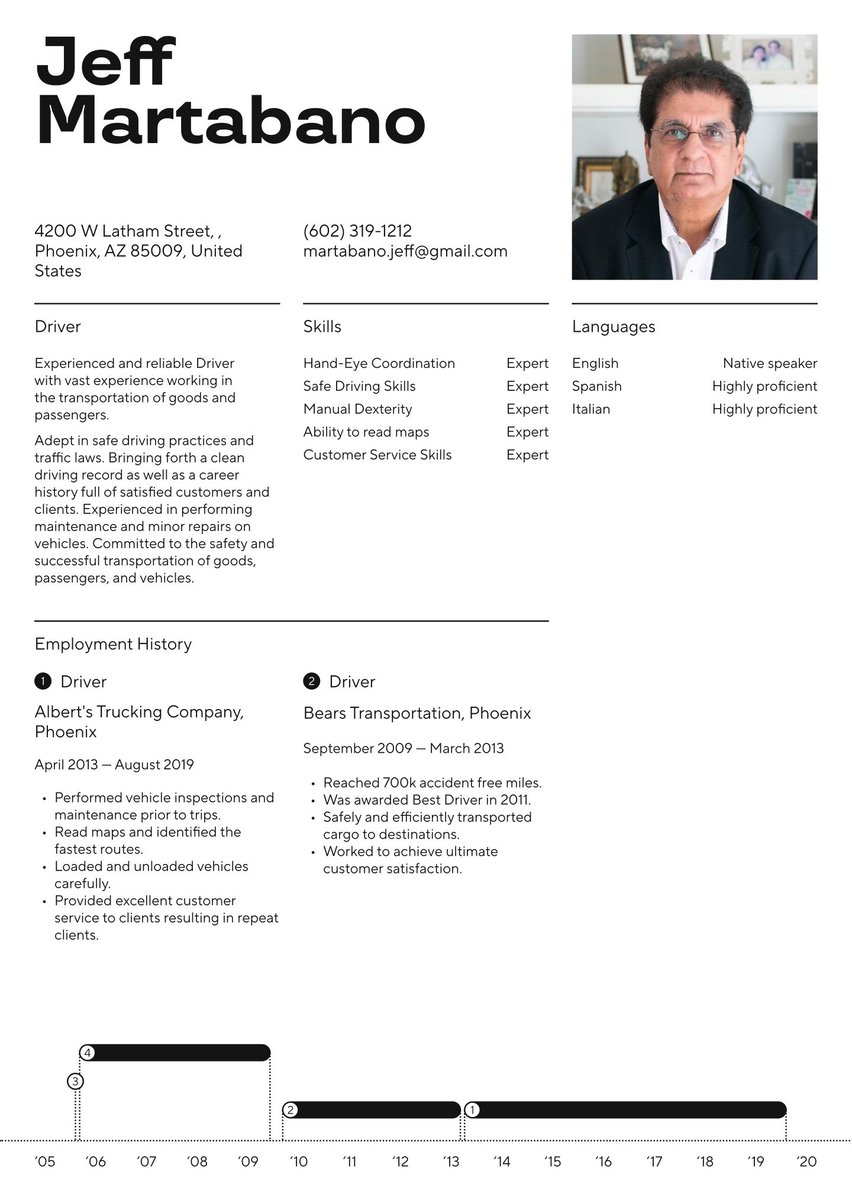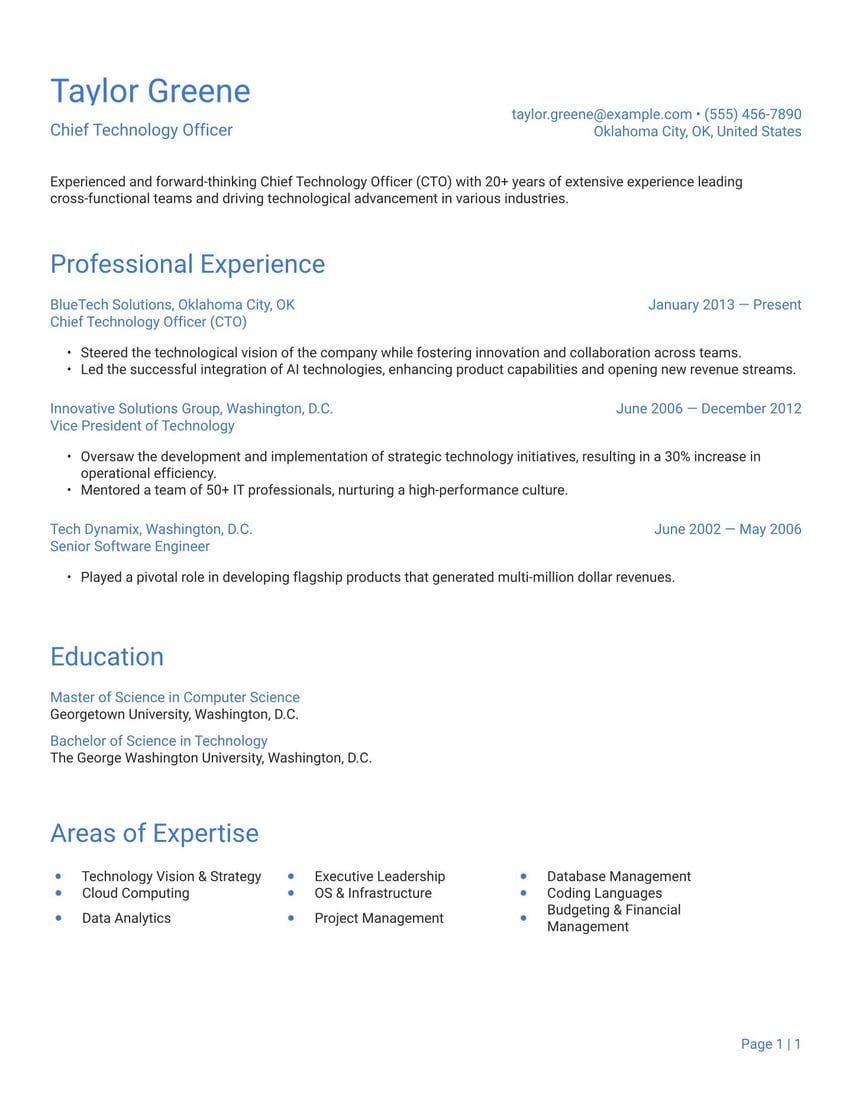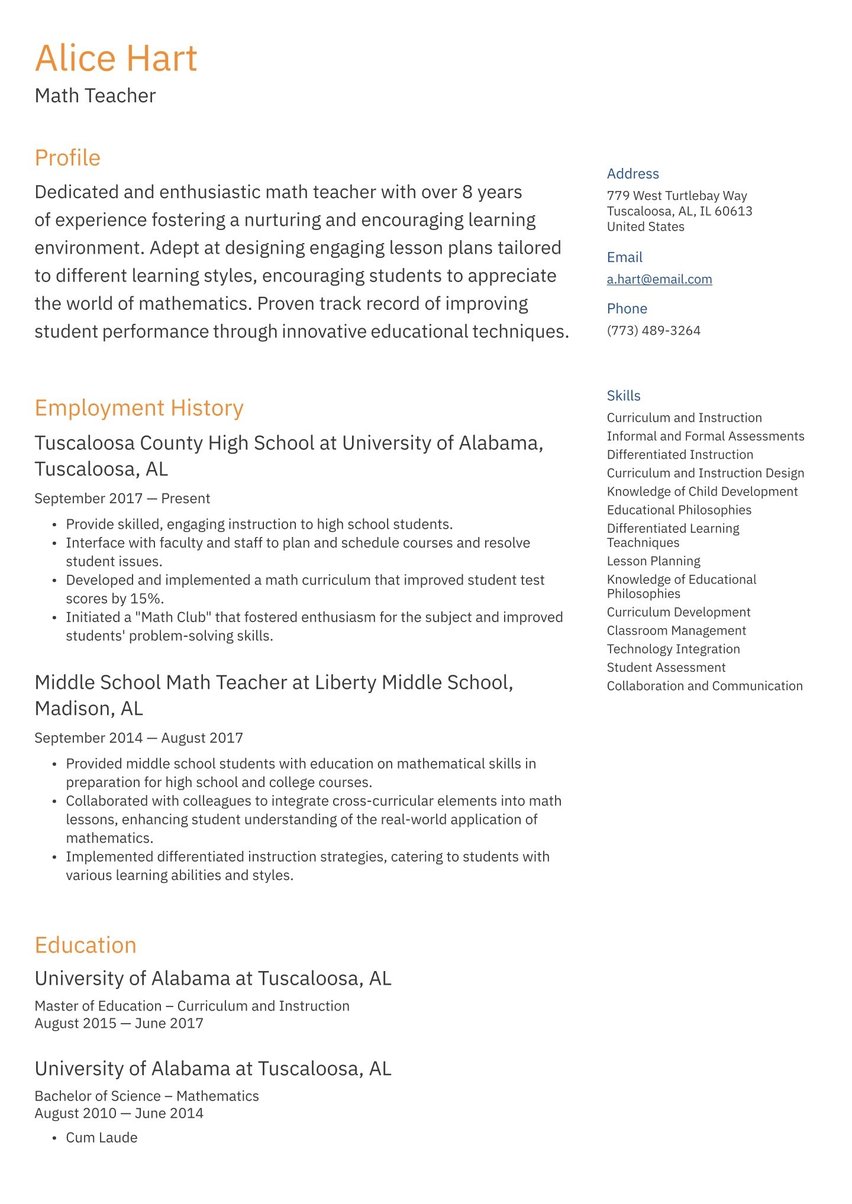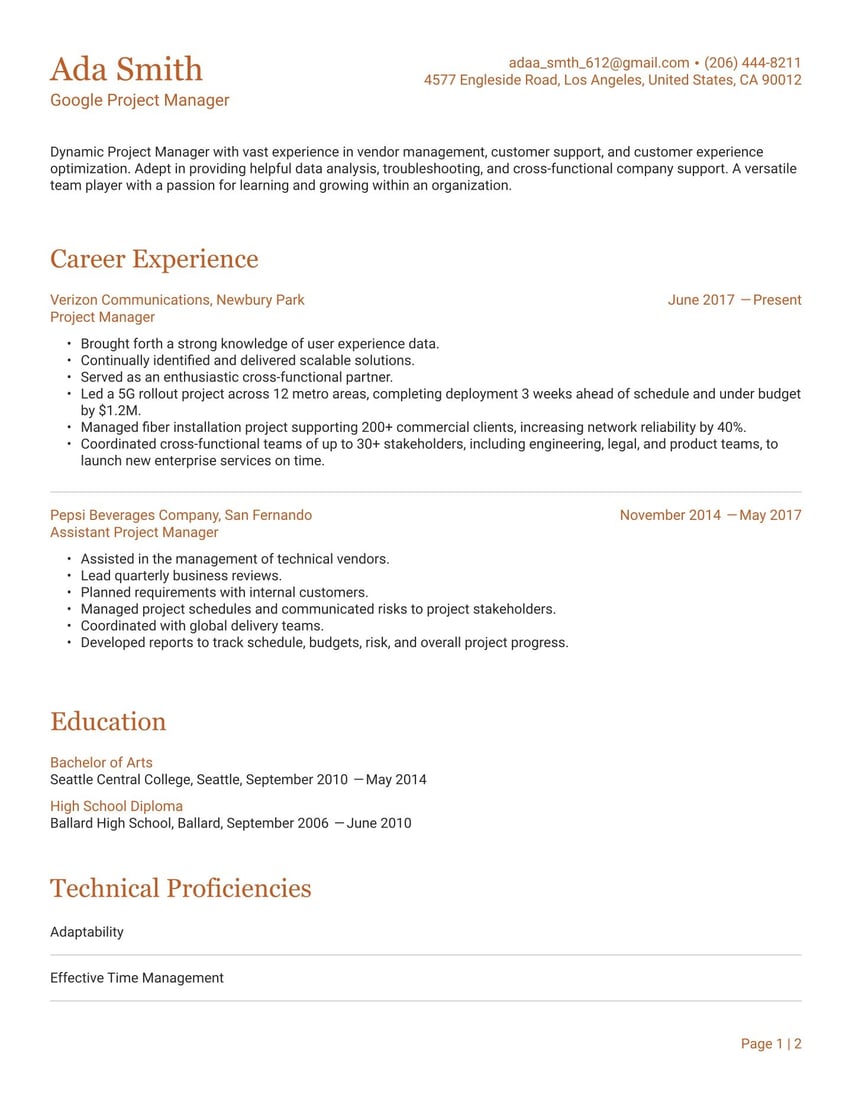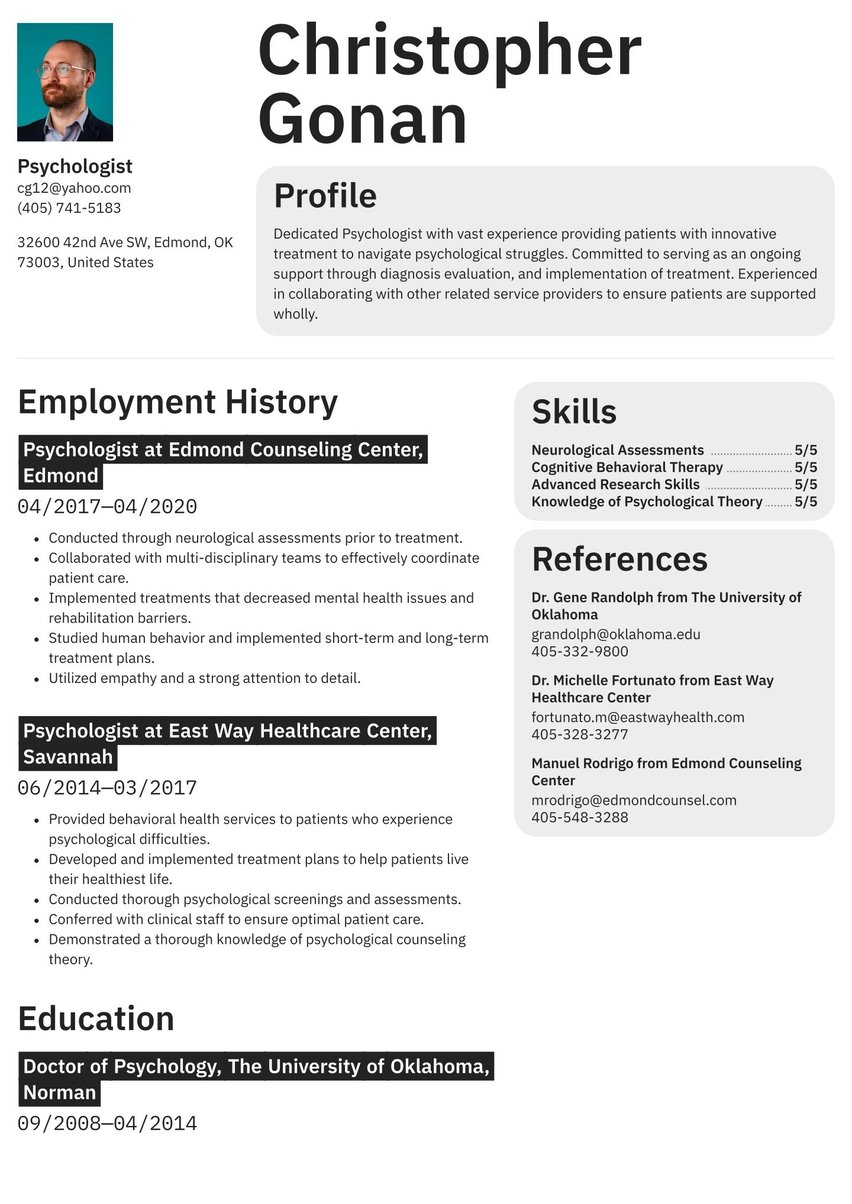Experienced Title Examiner with advanced knowledge of title reports, and an in-depth understanding of researching and analyzing property records. Extremely knowledgeable about real estate procedures, laws, and markets. Committed to providing clients with timely and efficient service. Adept in computer-based research programs and experienced in compiling useful information related to taxes, liens, mortgages, bankruptcy, and foreclosures. Adept in coordinating with other professionals assisting with real estate transactions to ensure that buyers and sellers are treated fairly and appropriately.
08/2015 - 05/2020, Title Examiner, Dallas Title Group, Dallas
- Assist clients and real estate professionals with researching records and understanding risks related to insuring properties in question.
- Utilize public records search programs and data trace to uncover information associated with properties.
- Remain up to date about relevant laws and regulations.
- Prepare legal documents for clients and proceedings.
- Work to clearly communicate the history of a property’s title to all concerned parties.
11/2008 - 06/2015, Title examiner, Nation Title, Austin
- Accurately examined chains of title for a wide range of title orders.
- Worked to resolve issues relating to missing or inaccurate information.
- Properly prepared and reviewed reports.
- Provided underwriting interpretation.
09/2004 - 05/2008, Associate of Communications, ASU, Dallas
- Real Estate Procedures
- Computer Based Research Programs
- Strong Communication Skills
- Organizational Skills
- Project Management Skills
- Knowledge of Relevant Laws and Regulations
Buying a house is a major milestone in a homeowner’s life. Title examiners are an important part of that process. Your attention to detail can make or break a deal. As a job seeker, you can take advantage of that skill to examine job listings and prepare a title examiner resume that will net you your new job.
Title Examiner resume examples by experience level
The best resumes catch the eye of recruiters with highlights of your greatest successes and a design that subtly attracts. Using tools such as field-tested resume templates, resume examples, and an online builder from an expert source like resume.io can help get you there.
To get you started, this guide and its accompanying resume sample,offers information on the following topics:
- What does a title examiner do?
- The structure for writing a title examiner resume plus tips and tricks
- The best format for a title examiner resume
- Tips for developing the summary, employment history, education, and skills sections
- Professional layout and design hints.
Keep reading and to hone your resume skills and land the title examiner position you have been dreaming of.
What does a title examiner do?
Title examiners play an important role in real estate transactions. They investigate property titles and public records to determine whether there are liens or other holds on property that would prevent transfer of that property. Those records include mortgages, liens, judgments, easements, plat books, maps, contracts, and agreements.
In addition, title examiners prepare reports to detail any reasons the title may not be transferred. They copy and summarize any documents that may affect the sale of property, verify the accuracy of all documents and ensure that they are complete. Title examiners may also prepare closing statements and develop a list of all documentation related to a piece of property.
Title examiners are also known as title abstractors or title searchers.
How to write a title examiner resume
Before you begin compiling your title examiner resume, you need an overview. Each application document should contain common elements.
Your CV needs the following sections:
- The resume header
- The resume summary (aka profile or personal statement)
- The employment history section
- The resume skills section
- The education section
Knowing these elements is just the beginning of creating a noteworthy resume. When you begin to write, take into account your prospective employer’s needs and list of desired skills and personalize your title examiner resume to fit the bill. Then, optimize to take into account the Applicant Tracking System (ATS) if you are applying online.
Your first hurdle: the ATS
To get past the first round of job hunting, you need to make sure your title examiner resume includes keywords and phrases from the job listing.
Why? Two reasons:
- HR departments use an ATS to scan and sort applications. These systems rank resumes using algorithms partly based on the words employers seek.
- You want the recruiter to know that you read and understand the job requirements and that you have what it takes.
Choosing the best resume format for a title examiner
Many properties may look the same on the outside, but its when you open the door that you find the differences. That applies to your title examiner resume as well. There’s no need to create a unique format – instead stick with reverse chronological order unless you have special circumstances.
You may be an exception if you are looking for your first job in the field, you are a career changer, or you have more than 10 years’ experience and a wide range of skills to offer. If you fall into one of those categories, consider an alternative resume format. Otherwise, we recommend sticking with reverse chronological order. This mainly affects your work history, in which you will list your experience from most recent on back.
Resume summary example
A successful title examiner must be well versed in property title documents and all the potential legal encumbrances that could complicate a real estate transaction. Your title examiner resume summary, also known as a profile, is a high-level look at your work experience and work personality.
The bulk of your resume will highlight the skills in which you are proficient using bulleted items, but here you can be a little creative. You have about 100-200 words in complete sentences to describe yourself and your biggest successes.
This section should use action verbs that convey your understanding of real estate title concepts, title examinations, real estate, and real property. Choose one or two of your biggest accomplishments and attributes to focus on. Remember to use as many powerful action verbs and job specific information as you can related to your expertise in titles. Highlight your key attributes that prove your qualifications and accomplishments without duplicating information you plan to impart in your cover letter (a useful addition to your winning career strategy).
Consider completing the summary section last, so you are creating an overview of what recruiters can see in more detail in the rest of your resume.
Experienced Title Examiner with advanced knowledge of title reports, and an in-depth understanding of researching and analyzing property records. Extremely knowledgeable about real estate procedures, laws, and markets. Committed to providing clients with timely and efficient service. Adept in computer-based research programs and experienced in compiling useful information related to taxes, liens, mortgages, bankruptcy, and foreclosures. Adept in coordinating with other professionals assisting with real estate transactions to ensure that buyers and sellers are treated fairly and appropriately.
Writing a profile summary can be difficult, feel free to sneak a peek at our related resume examples from the same real estate category: Realtor resume sample, real estate agent resume example, real estate coordinator resume sample, real estate resume example, and title insurance coordinator resume sample.
Employment history resume sample
You are most likely to find a job at a title company, property insurance company, real estate firm, or legal firm. Tailor your title examiner resume to company for which you are applying. This means making sure employers understand how your skills are transferable from one environment to another.
Consider your employment history section as more than a recitation of your previous and current job responsibilities. Here you are defining the story of your career. Prospective employers want to see a progression in your level of achievement and knowledge. A big part of your job is researching chain of title, so make sure you detail what tools you have used to do so. Describe a difficult title issue you encountered, the steps you took to resolve it, and the result of your work. Use data when appropriate to bolster your achievement.
Be sure that your resume showcases your understanding of legal documents such as mortgages, liens, easements, deeds of trust, maps, contracts, and agreements in relation to the ownership and usage of property. Also highlight your ability to determine the needs of clients, and assist in finding solutions while ensuring that all legal requirements are honored throughout processes.
Title Examiner Dallas Title Group, Dallas
August 2015 - Present
- Assist clients and real estate professionals with researching records and understanding risks related to insuring properties in question.
- Utilize public records search programs and data trace to uncover information associated with properties.
- Remain up to date about relevant laws and regulations.
- Prepare legal documents for clients and proceedings.
- Work to clearly communicate the history of a property’s title to all concerned parties.
Title examiner Nation Title, Austin
November 2008 - June 2015
- Accurately examined chains of title for a wide range of title orders.
- Worked to resolve issues relating to missing or inaccurate information.
- Properly prepared and reviewed reports.
- Provided underwriting interpretation.
Resume education example
Title examiners do not need more than a high school diploma, although many title examiners also complete some college coursework because of the complexity of real estate law. If you have earned a bachelor’s degree, by all means, list it.
Some states require coursework or a license to work as a title examiner. If that is the case for you, list those here as well.
You may also be certified, or consider becoming certified. The National Association of Land Title Examiners and Abstractors offers two certifications: the Certified Abstractor and Master Abstractor. If you have earned one of these, or are working toward one, list that accomplishment here.
Any honors or distinctions should also be noted.
If you are a member of any real estate organizations, you may want to add a section to list those, or consider renaming this section education and affiliations.
Associate of Communications ASU, Dallas
September 2004 - May 2008
Title examiner CV skills example
To develop the best skills section possible, you should make a list of all the attributes and competencies (as a separate document) and then cherry-pick the ones you put into your title examiner resume to the job listing you are targeting.
You should choose the top five or ten skills that will distinguish you from other job searchers. Limit basic skills such as Microsoft Office or other office software proficiency as most employers assume you know how to use word processing software.
Title examiners must be proficient in many hard skills, or skills directly necessary to complete title examinations. You must be able to understand legal descriptions and documents, tax assessment procedures, and metes and boundaries, among other specific knowledge.
In addition, you need soft skills, or the general and interpersonal skills needed to be a successful worker. You have to work with clients, support staff, title officers, and other team members to smoothly complete title searches. That means you need excellent communication skills. Some other impressive soft skills you might list are attention to detail, integrity, and excellent time management.
- Real Estate Procedures
- Computer Based Research Programs
- Strong Communication Skills
- Organizational Skills
- Project Management Skills
- Knowledge of Relevant Laws and Regulations
Resume layout and design
The key to a great layout is simplicity. You may be tempted to get overly creative with your title examiner resume design, but rein it in. Hiring managers see dozens of resumes and they want to be able to scan quickly for your contact information, your previous job and title and your current job and title.
Here are a few pointers to help get you there:
- Use obvious section headings
- Leave ample white space so that recruiters don’t encounter big blocks of uninviting type
- Keep color muted
- Design a header that clearly lists your name, best email and phone number, and your current title, if relevant.
An online resume builder such as the one from resume.io can make creating your document much easier.
Key takeaways for a title examiner
- Title examiners perform a vital role within the real estate industry
- The best section of your title examiner resume to show off your professional personality is your summary
- Stick with common sections and resume formatting to make it easy for recruiters to find the information they seek
- Take advantage of expert resume help to get your job search moving faster.


.jpg)

.jpg)





